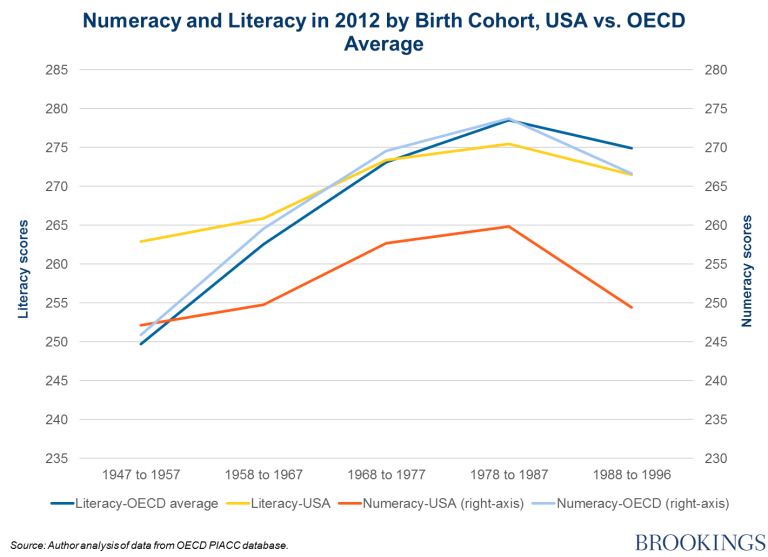By Shifan Fei ’15, Lifestyle Editor
As the center of new ideas and changes, New York City was unsurprisingly at the peak of experiencing the dramatic changes when the amount of Chinese applicants to private schools in the United States started to rise, as The New York Times reported in May, 2013: “According to the Department of Homeland Security, 638 Chinese students with visas attended high schools in the city in 2012, up from 114 five years earlier.”
Country Day has also experienced this rising trend of Chinese applications. “We received ten applications from China for 2012-2013 school year and the number has increased to 25 for 2013-2014 school year,” says Mr. Kellenberger, the Director of Admissions for Country Day. “We see this as a good trend; more and more Chinese students are interested in Country Day, considering coming here for their high school education. Our laptop program and modern facilities have helped us stand out from other local private high schools.”
Other major cities such as Boston, Los Angeles and San Francisco also experienced the rising trend of the amount of Chinese applicants to their local educational institutions. The trend reached universities first, and then the private high schools. As more and more Chinese families have begun to benefit economically from the Reform and Opening-Up Policies put in place in the 1980s, the younger generation is able to attend US educational institutions and to experience another form of culture and a new environment.
Since 2003, more and more Chinese high school graduates have chosen to get their college educations at universities in the US. Seeing attending US high schools as a way of adapting the culture and language, Chinese students started to apply to private high schools, both boarding schools and day schools in US. I’m one of them. We fly home every year, while our classmates drive home.
One of the biggest challenges we are facing is language. In China, we have to study for a language test called TOEFL (Test of English as Foreign Language). My friends and I had to manage both our schoolwork and the TOEFL test when we were in middle school in China. My friend Lucie Du, a senior at a boarding school in Maine, said, “Although I have passed the standardized language test before coming here, it is still hard for me to adapt to the academic environment.” Understanding new materials in another language is always much more difficult than purely learning the language. Luckily, language gets better as time passes by; however, emotional hard times are much harder to overcome. “When I first came to this new place with new language, homesickness [came] with feelings of isolation and frustration;” said another friend, Celeste Ruan, who is also a senior in a boarding school in Massachusetts, “My family and my friends in China supported me through that hard beginning of my first school year. Homesick[ness] still gets me sometimes, but the feeling is not as bad as it was in the beginning anymore.” To us, holidays have more connotations than fun and freedom— they carry us home, reunite us with friends, and “feed” us with homemade Chinese food.
Studying abroad is a journey of growing up. Experiencing language difficulties, culture shocks and homesickness, we become stronger and more adaptive to new environments. The diversity of American culture has provided us with a way of blending in and exploring ourselves. My mom says that she has noticed a newfound streak of independence during the past summer, “You know what is worth fighting for,” she told me.









